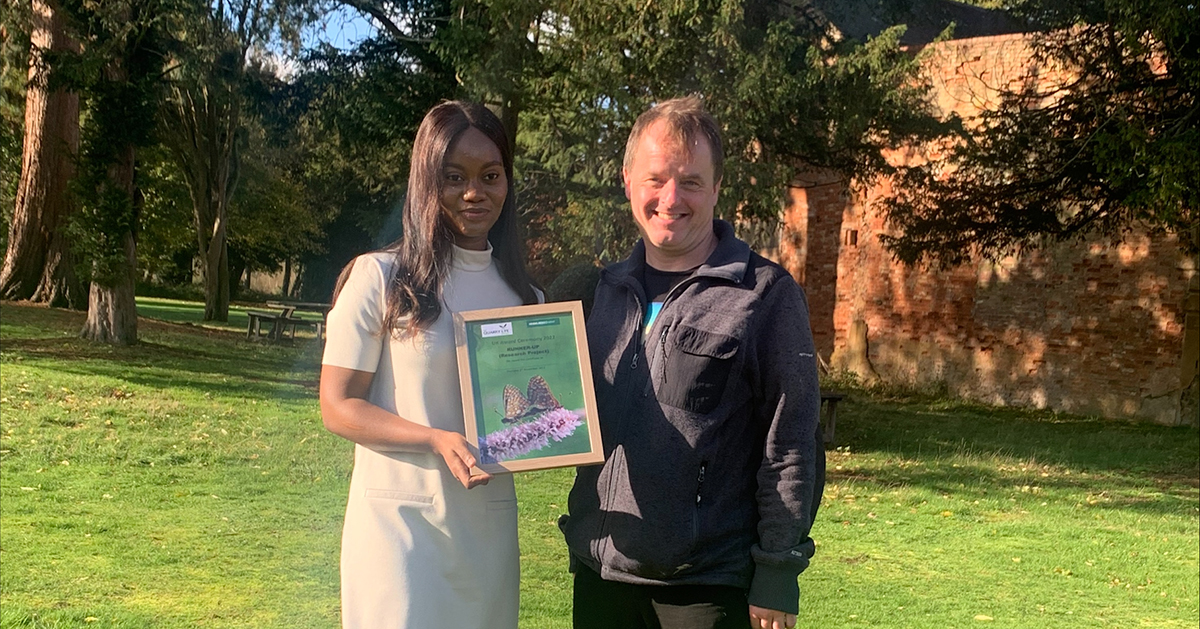The traits of a Digital Forensic Investigator
13/06/2023

What traits does a Digital Forensic investigator need?
The role of a digital forensics practitioner can be both challenging and highly rewarding. In many cases, private clients and criminal justice system officials rely on the findings of digital forensic examinations in order to determine how to progress their scenarios. Knowing this carries pressure to make sure that the work done is accurate and reliable. So what sort of person may be suited to being a digital forensic practitioner? Well here are a few traits we think are important.
- Time management: Practitioners may need to engage with more than one case at a time, manage the expectations of multiple clients, and adhere to any legal deadlines that have been set. Doing this requires good time management skills in order to ensure that all investigative requirements are fulfilled, and work is completed accurately and reliably within an agreed time frame.
- Attention to detail: Many investigations contain large volumes of complex data that must be sifted and understood in order to identify any information that may be of potential relevance to an inquiry. This task requires a keen eye for detail in order to ensure that nothing important is missed.
- Inquisitive: Wannabe practitioners must be ‘digital detectives’, having the ability to identify and follow any trail of ‘digital breadcrumbs’ that may be present on a system in an attempt to find out what actions may have occurred on a system or device. This means constantly being watchful for the presence of digital traces and having the ability to question and test what they may mean.
- Methodical: When faced with vast amounts of data, an individual must adopt methodical and logical approaches to interrogating this content to limit the chances of error and relevant content being missed, whilst ensuring an investigation is conducted efficiently.
- Lifelong learning: The field of digital forensic science is fast paced and subject to constant change and development. Those seeking to operate in this field must be willing to undertake life long learning and constant knowledge development in order to keep pace with technological change and be able to operate at the cutting edge of forensics.
- A good communicator: The findings of any forensic investigation must be communicated to clients effectively, in many cases both orally and in written form. It is vital that practitioners can communicate clearly, concisely and accurately.
- Problem solving: Those in digital forensic science must be good problem solvers. Given the vast array of technology, no single person can know everything, and there will be times when there is no obvious solution to an issue, or the meaning of a digital trace is unknown. In such cases, an individual must be able to plan, test and evaluate information in order to determine meaning.
- Sound decision making:- Practitioners must be able to exercise sound, objective decision making that aims to be free from bias as part of their examinations.
As you can see, the digital forensic practitioner role is multifaceted – do you have these traits to be successful in this field?
Categories & Tags:
Leave a comment on this post:
You might also like…
Using what you read in what you write – Summarising, paraphrasing and quoting other authors
University life involves a serious amount of reading and writing. We study the work of other people to inform ourselves about a topic. When we then re-use that knowledge to create our own work, we ...
Referencing in APA7: Using shortened URLs
As you may be aware, when you are referencing a website or any internet-based source you need to include the source URL. For most conventional reference lists, it is fine to include the URL or ...
Quarry Life and Cranfield Life
It might be thrilling to push yourself past your comfort zone, but it can also leave you feeling anxious and self-conscious. What if this is unsuccessful? What if I'm not as talented as I ...
School of Management Library closes on Thursday 31 July
The School of Management Library in Building 111 will permanently close on Thursday 31 July at 5pm. Some equipment and furniture will move to Kings Norton Library next week (w/c 21st July), staff will move on ...
Getting started on your business and management thesis or research project
Doing a research project, whether it's a thesis, business plan, internship or consultancy project can be a daunting task, and you might have some questions around how to get started. This post is intended to ...
Looking for audiobooks?
Do you prefer to listen rather than read? Maybe audiobooks suit your on-the-go lifestyle, or perhaps listening is simply how you learn best. For some students, using audiobooks or other accessible formats is essential due ...







